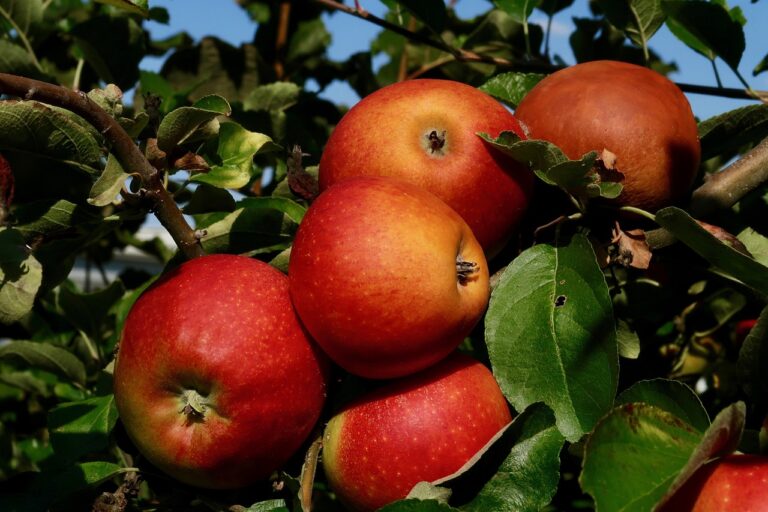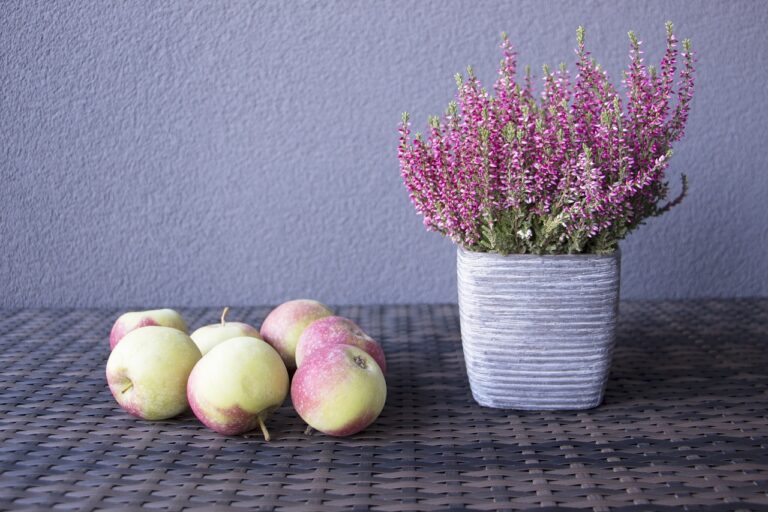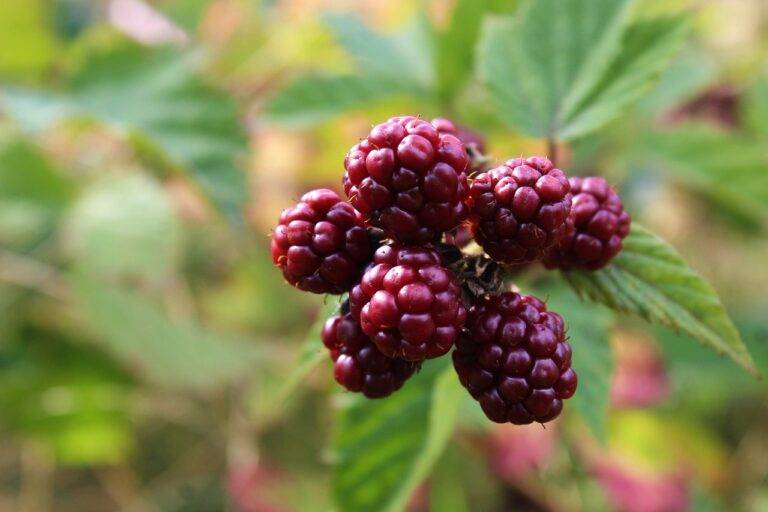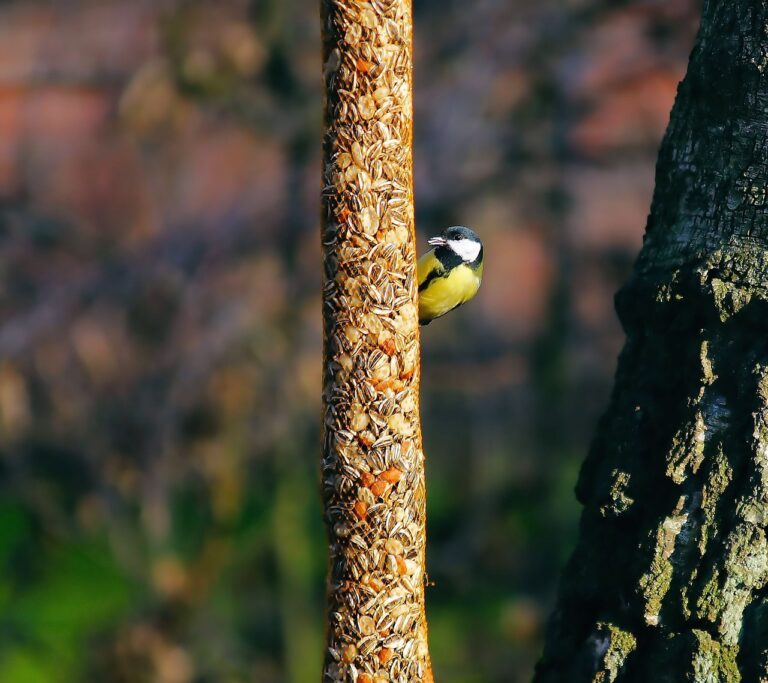The Impact of Water Management on Olive Oil Yield: Cricbet 99, Sky1exchange com, Reddy anna book
cricbet 99, sky1exchange com, reddy anna book: The Impact of Water Management on Olive Oil Yield
Water management plays a crucial role in the cultivation of olive trees and the production of high-quality olive oil. The amount and timing of irrigation can significantly affect the yield, quality, and overall health of olive trees. In this article, we will explore the various ways in which water management practices can impact olive oil yield.
Understanding the Water Needs of Olive Trees
Olive trees are known for their ability to withstand drought conditions, making them ideally suited for cultivation in arid and semi-arid regions. However, this does not mean that they can thrive without water. Like all plants, olive trees require water for photosynthesis, nutrient uptake, and growth.
The water needs of olive trees vary throughout the year, with the highest demand occurring during the growing season. Adequate irrigation during this period is essential to ensure healthy tree growth and optimal fruit development. Insufficient water supply can lead to reduced yields, poor fruit quality, and increased susceptibility to pests and diseases.
On the other hand, overwatering can result in waterlogged soil, root rot, and nutrient leaching. Finding the right balance between irrigation and water conservation is key to maximizing olive oil yield and maintaining the long-term sustainability of olive orchards.
Impact of Water Stress on Olive Oil Yield
Water stress occurs when plants do not receive enough water to meet their physiological needs. Olive trees are relatively tolerant of water stress compared to other fruit trees, thanks to their deep root systems and ability to regulate water uptake. However, prolonged or severe water stress can still have a negative impact on olive oil yield and quality.
During periods of water stress, olive trees prioritize water allocation to essential functions such as fruit production and root growth. As a result, other physiological processes, such as photosynthesis and nutrient uptake, may be compromised. This can lead to reduced oil content in the fruit, lower yields, and decreased overall quality of the olive oil.
In addition, water stress can make olive trees more vulnerable to pests and diseases, further impacting yield and profitability. By implementing effective water management strategies, farmers can minimize the negative effects of water stress on olive oil production and ensure the long-term health of their orchards.
Optimizing Irrigation Practices for Maximum Yield
Optimizing irrigation practices is essential for maximizing olive oil yield and quality. Several factors must be considered when designing a water management plan for olive orchards, including soil type, climate, tree age, and planting density. By carefully monitoring these factors and adjusting irrigation schedules accordingly, farmers can improve water use efficiency and increase their profitability.
One of the most critical aspects of water management in olive orchards is the timing of irrigation. In general, olive trees should be irrigated during the early morning or late evening hours to minimize water loss due to evaporation. Frequent but shallow watering can help encourage deep root growth and improve water uptake efficiency.
Drip irrigation systems are highly recommended for olive orchards, as they deliver water directly to the root zone and reduce water wastage. Soil moisture sensors can also be used to monitor moisture levels and ensure that trees receive the right amount of water at the right time.
By adopting these and other best practices for water management, farmers can enhance olive oil yield, improve fruit quality, and promote the overall sustainability of their orchards. Investing in efficient irrigation systems and technologies can yield significant returns in the form of higher yields, better quality oil, and reduced environmental impact.
Frequently Asked Questions (FAQs)
Q: How often should olive trees be irrigated?
A: The frequency of irrigation depends on several factors, including soil type, climate, and tree age. In general, young trees require more frequent watering than mature trees. It is essential to monitor soil moisture levels regularly and adjust irrigation schedules accordingly.
Q: What is the best irrigation system for olive orchards?
A: Drip irrigation systems are highly recommended for olive orchards, as they deliver water directly to the root zone and minimize wastage. Other efficient irrigation systems, such as microsprinklers and subsurface drip systems, can also be used depending on the orchard’s specific needs.
Q: Can olive trees survive drought conditions?
A: Olive trees are relatively drought-tolerant and can withstand periods of water stress. However, prolonged or severe drought conditions can have a negative impact on fruit production and overall tree health. Adequate irrigation during dry periods is essential to ensure optimal growth and yield.
Q: How does water stress affect olive oil quality?
A: Water stress can lead to reduced oil content in the fruit, lower yields, and decreased overall quality of the olive oil. By implementing effective water management practices, farmers can mitigate the negative effects of water stress and produce high-quality olive oil consistently.
In conclusion, water management plays a crucial role in the cultivation of olive trees and the production of high-quality olive oil. By implementing efficient irrigation practices and optimizing water use efficiency, farmers can maximize yields, improve fruit quality, and promote the overall sustainability of their orchards. Investing in advanced irrigation systems and technologies can help ensure the long-term success and profitability of olive oil production.







